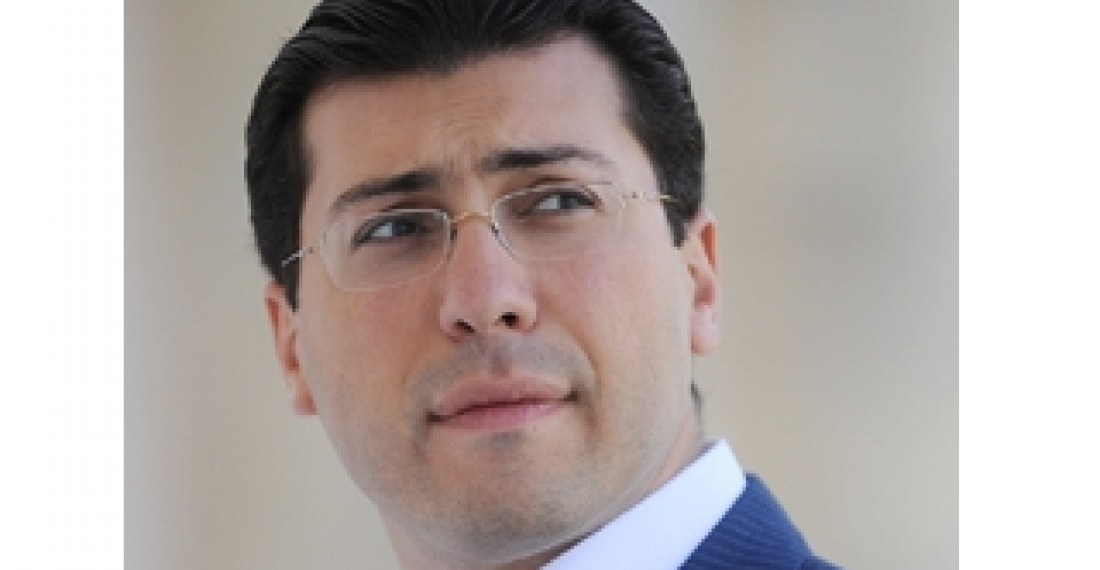Первый заместитель руководителя администрации президента Армении уходит в отставку, чтобы присоединиться к предвыборной кампании правящей партии.

Первый заместитель руководителя администрации президента Армении, Микаэл Минасян, уходит в отставку со своего поста, чтобы присоединиться к предвыборной кампании правящей Республиканской партии в преддверии парламентских выборов в следующем году.
Минасян, который считается представителем модернизации в армянской политике будет работать с главой избирательного штаба, бывшим спикером парламента Овиком Абрамяном, который на этой неделе также объявил, что уходит в отставку, чтобы взять на себя новую роль.
В интервью News.am Минасян сказал, что президент Армении "намерен провести образцовые выборы.Мы готовимся не только обеспечить победу партии Президента на выборах, но и способствовать проведению таких выборов, из которых выйдет более сильная Армения, уверенно смотрящая в будущее. Думаю, что эти выборы станут качественной революцией для нашей страны и для всех нас."
Источник: commonspace.eu по материалам news.am
Фото: любезно предоставлено news.am






